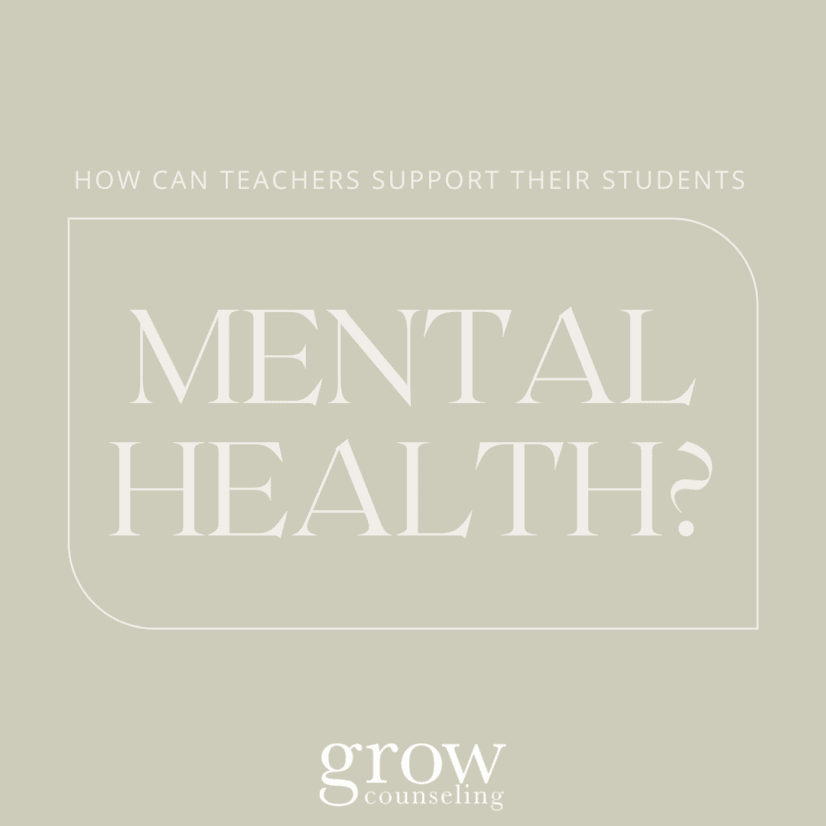Teachers play an important role in the lives of children and teens. Not only are teachers responsible for educating their students and preparing them for tests, but they also tutor, coach, and mentor students.
As children typically spend over seven hours daily, five days a week, at school, teachers are a great resource for evaluating changes in a student’s mood and behavior. As a counselor who meets with children and teenagers, I often work closely with my clients’ teachers and school counselors.
Educating teachers on mental health and how they can serve as an advocate for their students is an important part of my work.
Below are some behaviors of concern for teachers to be on the lookout for in their students:
- Sleeping in class
- Tearfulness
- Avoidance behaviors such as skipping class or ignoring commitments such as school clubs or sports practice
- Spending less time with friends
- Isolating oneself
- Irritability
- Poor hygiene
- Changes in weight
- Flat affect (minimal facial expression and/or limited fluctuation in voice)
Teachers are integral in the lives of their students. We encourage them to notice and address mental health concerns in their students.
Below are some ways teachers can advocate for their students’ mental health:
- Share with your students about the school and community mental health resources (i.e., school counselors, support groups, community mental health counselors, etc.)
- Provide parents and caretakers with resources regarding mental health services
- Connect with students and reach out if you notice behavioral changes
- Educate other teachers and administrators about mental health
If you are a teacher seeking mental health services for your students, feel free to reach out to us. We would be happy to set up an appointment.
Written by: Mary Anne Sylvester

